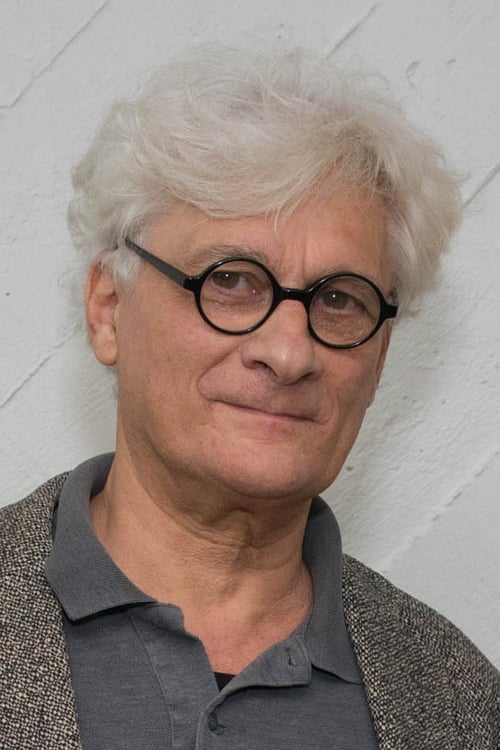Il trasloco (1991)
ジャンル : ドキュメンタリー
上映時間 : 1時間 15分
演出 : Renato De Maria
脚本 : Renato De Maria, Franco Bifo Berardi, Giampietro Huber
シノプシス
It's moving day for the Via Marsili 19th apartment in Bologna, Italy, a former hotbed of the Movement of 1977. While waiting for the movers to finish their job, cultural agitator Franco Bifo Berardi leads us through a decade-long trip down memory lane.
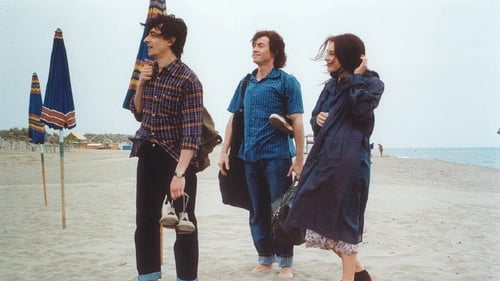
Spanning nearly four decades, this generational epic follows two Italian brothers from a middle-class family through some of the most significant events of postwar Italian history after their life paths diverge thanks to one fateful encounter during the summer of 1966.
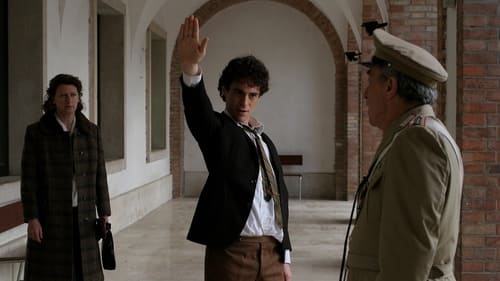
Accio and Manrico are two working-class brothers in 1960s Italy: older Manrico is handsome, charismatic, womanizing, and loved by all, while younger Accio is moody, hotheaded, and lives everything as if it was a war, much to his parents' chagrin. When the former is drawn into left-wing politics, Accio joins the fascists out of spite. His flimsy beliefs are put to test when he meets Manrico's like-minded girlfriend, falling in love with her.
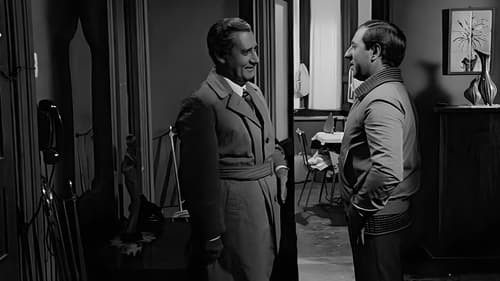
Giovanni Vivaldi is an average middle-aged man with a secure job as a government accountant. He wishes nothing more than to set up his only son Mario, his biggest pride in the world, with the same secure government job before he eventually retires. For this, Giovanni will stop at nothing...
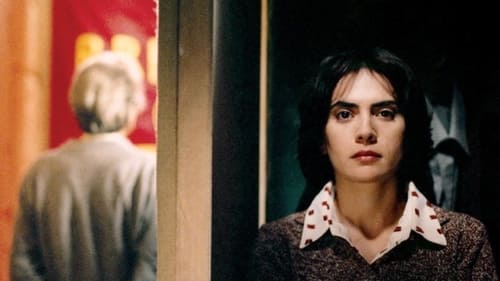
The 1978 kidnapping and murder of Aldo Moro, president of the most important political party in Italy at the time, Democrazia Cristiana, as seen from the perspective of one of his assailants -- a conflicted young woman in the ranks of the Red Brigade.

On December 12, 1969, a bomb kills 17 people and injures many more at a major national bank in Milan, marking the beginning of the Years of Lead. Local anarchists are scapegoated for the massacre by police and the media, but an investigator uncovers a larger subversive project made of far-right fringe groups, corrupt secret services, and other interests that seek to undermine democracy.
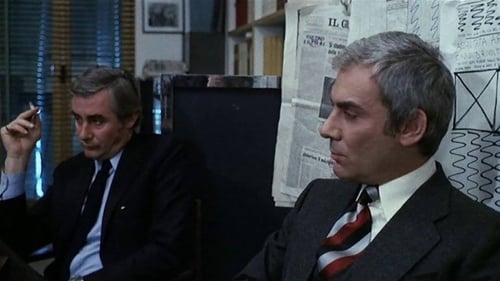
1972, Milan. Just a few days before the general elections, a young girl from an esteemed family is raped and murdered. Bizanti, editor-in-chief of a conservative newspaper, tries to derail the official police investigation in order to help the right-wing candidates supported by his boss to win the elections.

Germany, 1968: The priest's daughters Marianna and Juliane both fight for changes in society, like making abortion legal. However their means are totally different: while Juliane's committed as a reporter, her sister joins a terroristic organization. After she's caught by the police and put into isolation jail, Juliane remains as her last connection to the rest of the world. Although she doesn't accept her sister's arguments and her boyfriend Wolfgang doesn't want her to, Juliane keeps on helping her sister. She begins to question the way her sister is treated.
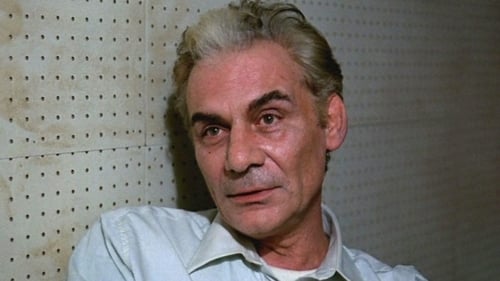
On March 16, 1978, far-left terrorists of the Red Brigades kidnap Aldo Moro, leader of the Christian Democracy, the ruling party in Italy since the end of WWII. 55 days later, his body will be found in the trunk of a car. This is a neutral and factual account of what happened in between.
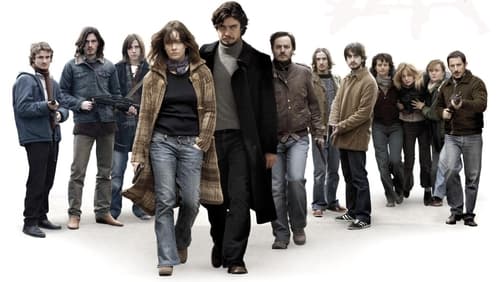
United by an uncompromising struggle as members of the infamous 1970s far-left terrorist group Prima Linea, fugitive couple Sergio and Susanna have become increasingly alienated from the real world. Their luck runs out when Susanna is captured and thrown in jail. Putting his life on the line, Sergio embarks on a radical plan... Loosely based on the memoir by Prima Linea's 'commander' Sergio Segio.
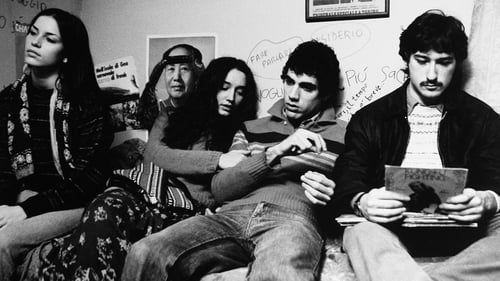
Bologna, 1976. The paths of two aimless young friends intertwine with those of Radio Alice, a pirate radio politically aligned with the leftist student movement.

Leftist radical-turned-terrorist Giorgio—who fled to Latin America in the '70s to escape justice—decides to surrender after hearing about the fall of the Berlin Wall. Determined to lead a comfortable, bourgeois life in his native Italy, he cuts a deal with a shady police chief, getting his sentence reduced in exchange for ratting out former comrades. Once released, Giorgio obsessively pursues his dream of becoming a "respectable" citizen, even if the way is paved with larceny, pimping, drug-dealing, rape, heist, and murder...
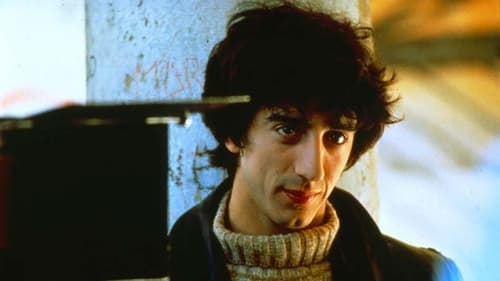
Waiting for the train that will take him away, a man goes back over moments of his small-town upbringing: the relationship with his family, his own involvement in the youth protests of 1968 and a childhood friend died too soon.

Young radical Riccardo returns home after hiding out in South America for years, only to find out that he has no "home" left: his former comrades in arms have now either bourgeoisified or turned to drugs, and all they fought for seems to have set the stage for near-anarchy.

Bologna, 2002. Amidst protests against the labor reform, the assassination of a lawyer opens old wounds between Italy and France. Former far-left terrorist Marco, convicted of murder during the Years of Lead and living in Paris since then thanks to the Mitterrand Doctrine, is suspected of being its instigator. When the Italian government asks for extradition, Marco goes into hiding with his daughter Viola, precipitating also the life of his family back in Italy.
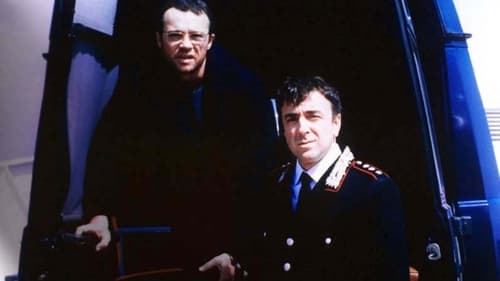
Italy, early 80's. A political terrorist is being transferred northward from Sicily for a conjugal visit; during the journey, a police captain tries to make him cooperate.

Much-censored documentary encompassing thirty years of Italian politics under the steady supremacy of the Christian Democracy (DC), with satirical intent.

Who is the mysterious stranger Cecilia met on the street? Why is he suspicious of everyone? She is happily married, has a lovely child and a good job: yet she decides to join him and to become his lover, sharing his destiny right up to its tragic conclusion.

Investigations carried out over 20 years on the attacks in Italy in the late 1960s, particularly the Piazza Fontana bombing, leading to the accusation of the extreme left. Ultimately, a collaboration between the Italian secret services and the CIA had created a paramilitary organisation inspired by the Greek colonels of the ‘67 coup, designed to halt the “communist threat”.

Piazza Fontana bombing in December 12, 1969.

A documentary in three screens about the bottom-up magnetic revolution that made possible the broadcasting of the Bologna massacre on 2 August 1980.

